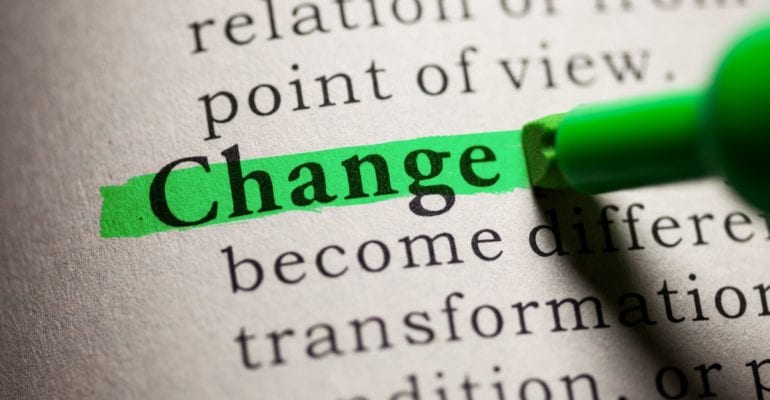SI UN Representative, Maria Fornella, reflects on the findings of the United Nations Economic and Social Council (ECOSOC) Briefing held on May 11, 2020: ‘Joining Forces: Effective Policy solutions for COVID-19’.
“There have been as many plagues as wars in history, yet plagues and wars take people equally by surprise.” (La Peste, Albert Camus 1947).
ECOSOC president, H.E Mona Juul (Norway) convened a high-level briefing that allowed member states to interact with the Heads of several UN agencies, and other high-level officials. It was an important exchange that highlighted many common challenges and important lessons to consider as we push on to achieve the SDGs and Agenda 2030 without leaving anyone behind. The following are quick notes on the lessons learned so far.
The briefing brought into focus the importance of taking into consideration pre-existing challenges and the central role of social safety nets to mitigate the worst effects of the pandemic. For example, those countries with a centralised universal health care policy that addresses primary and preventive care, did much better than the rest. Universal health care is an investment in human capital and in our future, and not an expenditure.
Lockdowns are difficult for all, but especially so for the most vulnerable. Pre-existing inequalities are compounded by the pandemic, whether it is access to food, water and sanitation, housing, education, or healthcare. We need strong social protection systems to avoid the worst effects of this and other crises on all populations.
Women and girls are disproportionately affected in many ways: as workers in the informal economy whose rights need to be recognised; as victims of domestic violence who need support services, protections and access to the judicial system; as care workers who are overworked and underpaid; as heads of families that can be just one check away from evictions and from becoming homeless.
When in leadership roles, women deliver optimal performances: of the list of countries with 12 best responses by member states, 7 were led by women. Prevention and preparedness can mitigate the cost of disaster and avoid the “panic rush”; early warning systems should be in place to detect, respond to, and control outbreaks. Even as we accept some limits to our individual liberties, the crisis cannot be an excuse to violate any human right: it cannot prevent workers from organising and people’s voices from being heard in policy formulation.
This pandemic has demonstrated the enormous importance of technology while at the same time deepening the digital divide: there is a critical need to close the widening gap between the under-connected and the highly digitalised countries and not leave the digitally excluded behind.
The virus does not discriminate but the solutions can and do. Policy responses to COVID-19 should be proportionate, non-discriminatory, and time-bound. The health emergency will be followed by an acute financial crisis; debt, loss of revenues, loss of exports, collapsed commodity prices will require new modalities of funding and debt relief. We must look for sustainable ways of dealing with international debt without impeding recovery. Responses to Covid-19 must not detract our attention from the need to invest in climate change and stay in track for the accomplishment of SDGs. The post-pandemic stage will not be easy as societies will have to rebuild and to focus on the digital, ecological, and demographic transitions to achieve the SDGs and Agenda 2030.
We do not and cannot choose between saving lives, saving the planet and saving economies: we must do all three. Global Solidarity has not happened; if anything, the pandemic has increased self-interested actions by, and confrontation among some countries. As the United Nations turns 75, and as we survive this global crisis, we need to come to a stronger realisation of our common purpose, our interdependence, and our shared destiny on the planet. If we can muster the political will, we will be able to recover and rebuild a better future for humanity.”
Click HERE for the official meeting summary.

